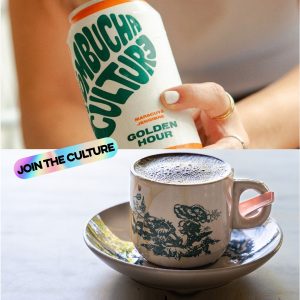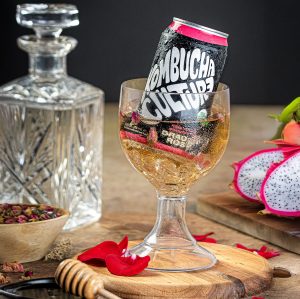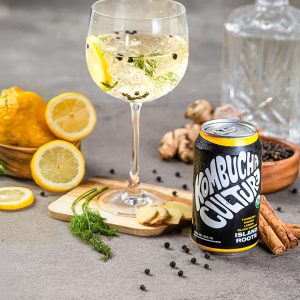Introduction
Kombucha has gained popularity in recent years, becoming one of the most sought-after fermented drinks for those pursuing a healthy lifestyle. However, with its rise, doubts and misinformation have also surfaced. Some claim it has too much sugar, others believe it’s alcoholic, or just a passing trend.
Today, we’re here to debunk the most common myths and uncover the truth about this ancient beverage.
Myth 1: All kombucha is alcoholic
It depends.
Kombucha undergoes a fermentation process that produces trace amounts of alcohol, but in very low quantities (less than 0.5%), classifying it as a non-alcoholic beverage.
However, there are versions of kombucha with added alcohol to enhance their flavor and create a bolder option. At Kombucha Culture, our hard line contains 5% alcohol, blending the best of natural fermentation with the vibrant kick of a drink ready for any occasion.
So, kombucha can be whatever you want it to be: a refreshing probiotic elixir or an innovative alternative for your celebrations. The choice is yours!
Myth 2: It has too much sugar
False.
It’s true that kombucha is made with sugar, but this isn’t an added sweetener. Sugar is essential for fermentation, as it feeds the bacteria and yeast in the SCOBY (the symbiotic culture of microorganisms that transforms tea into kombucha).
By the end of the fermentation process, most of the sugar has been consumed, leaving only a minimal amount in the final product. In fact, kombucha usually contains significantly less sugar than commercial sodas and bottled juices.




